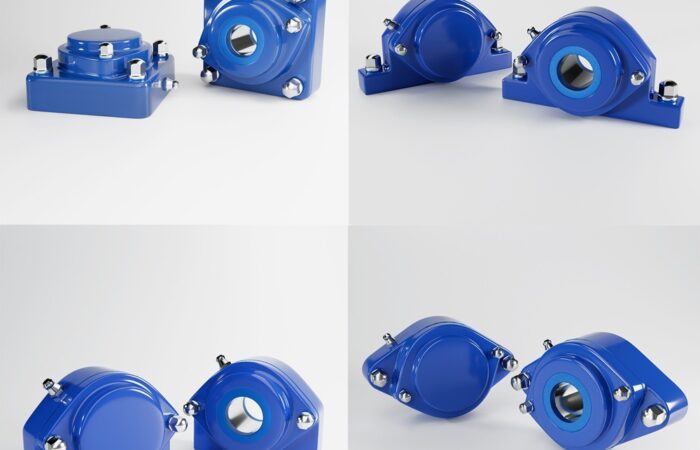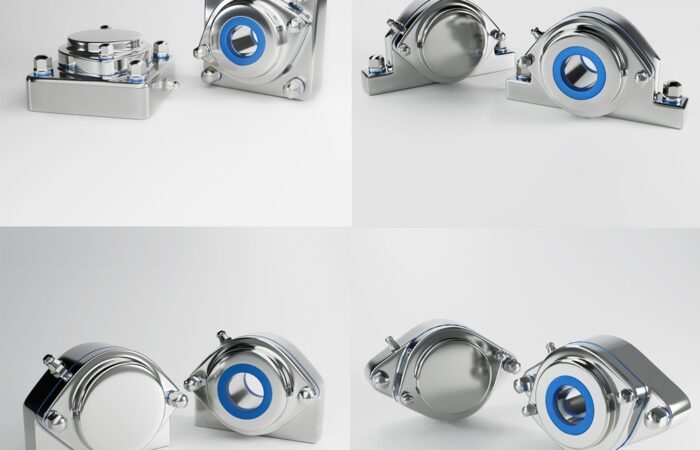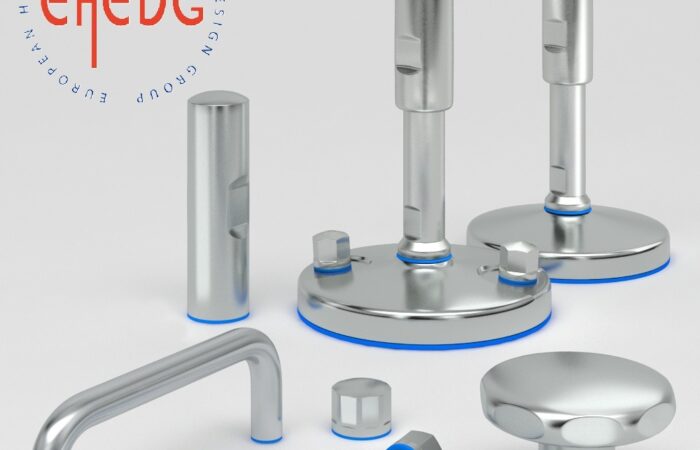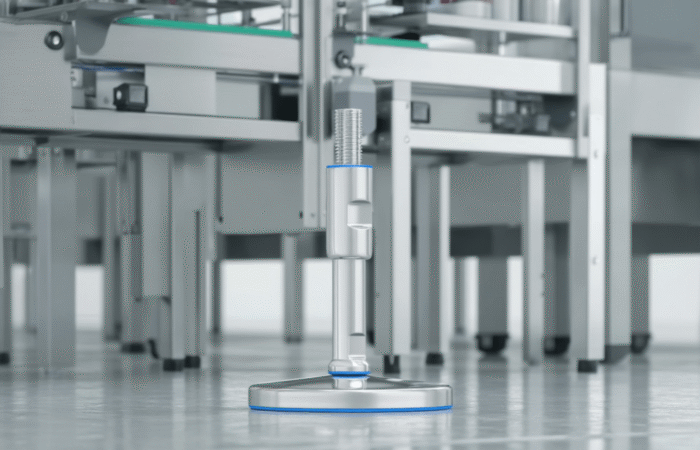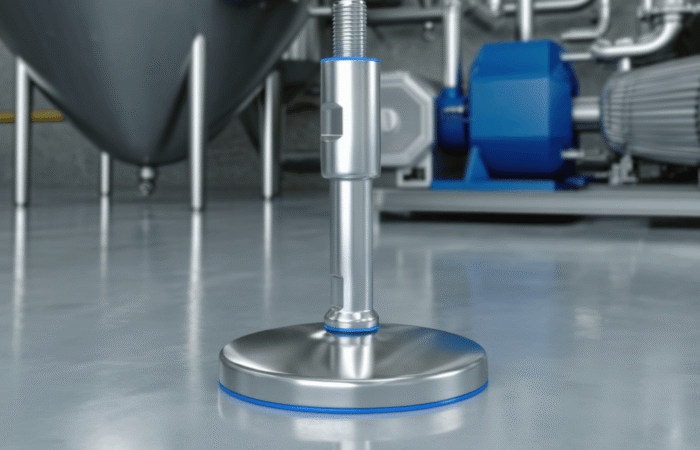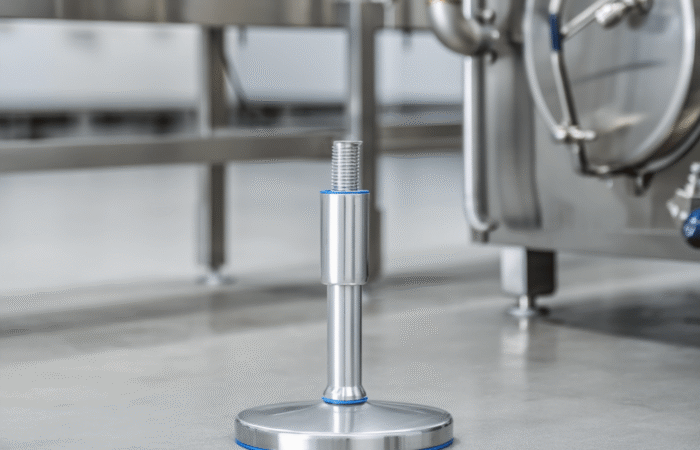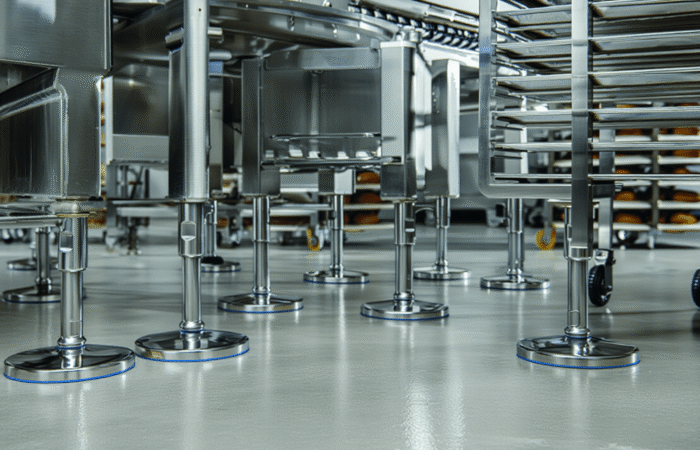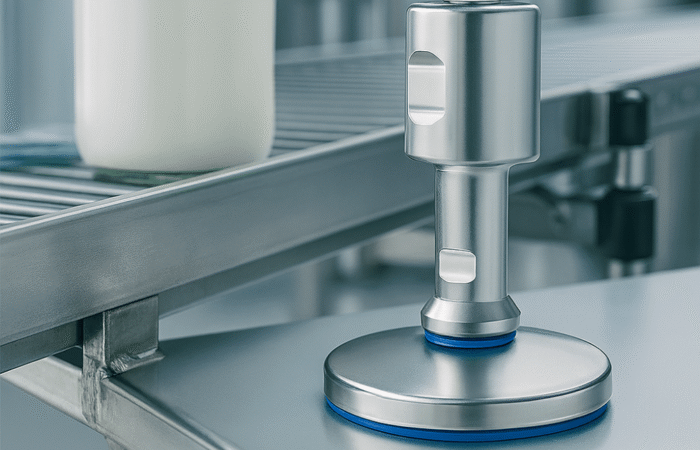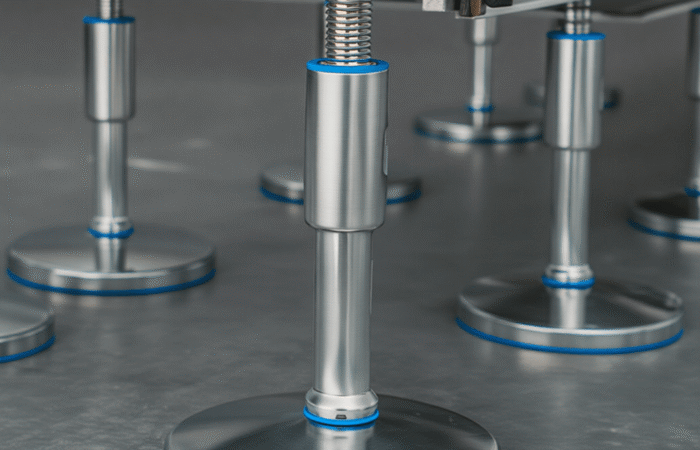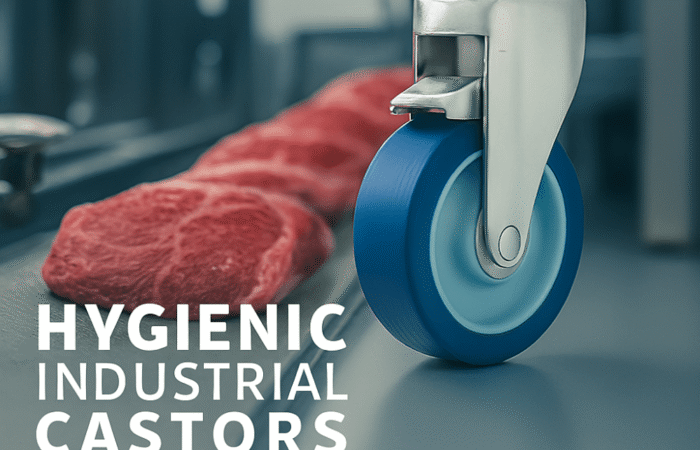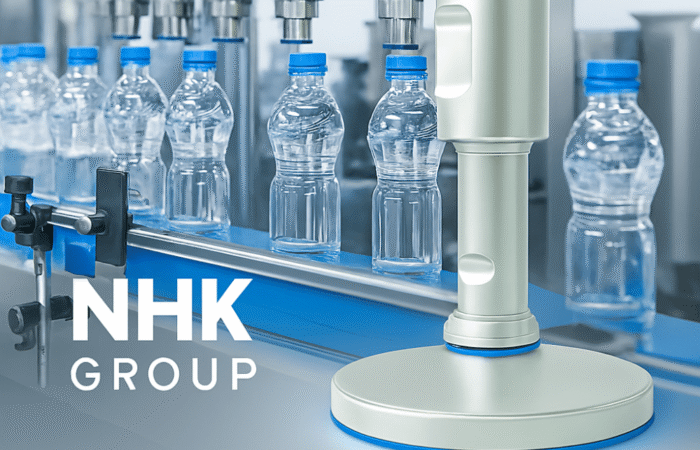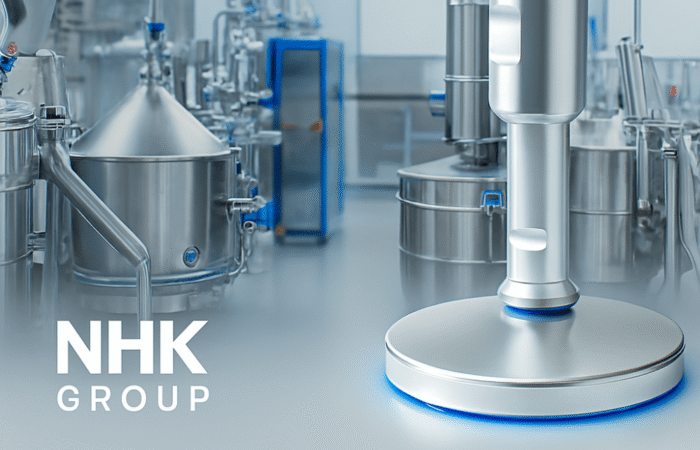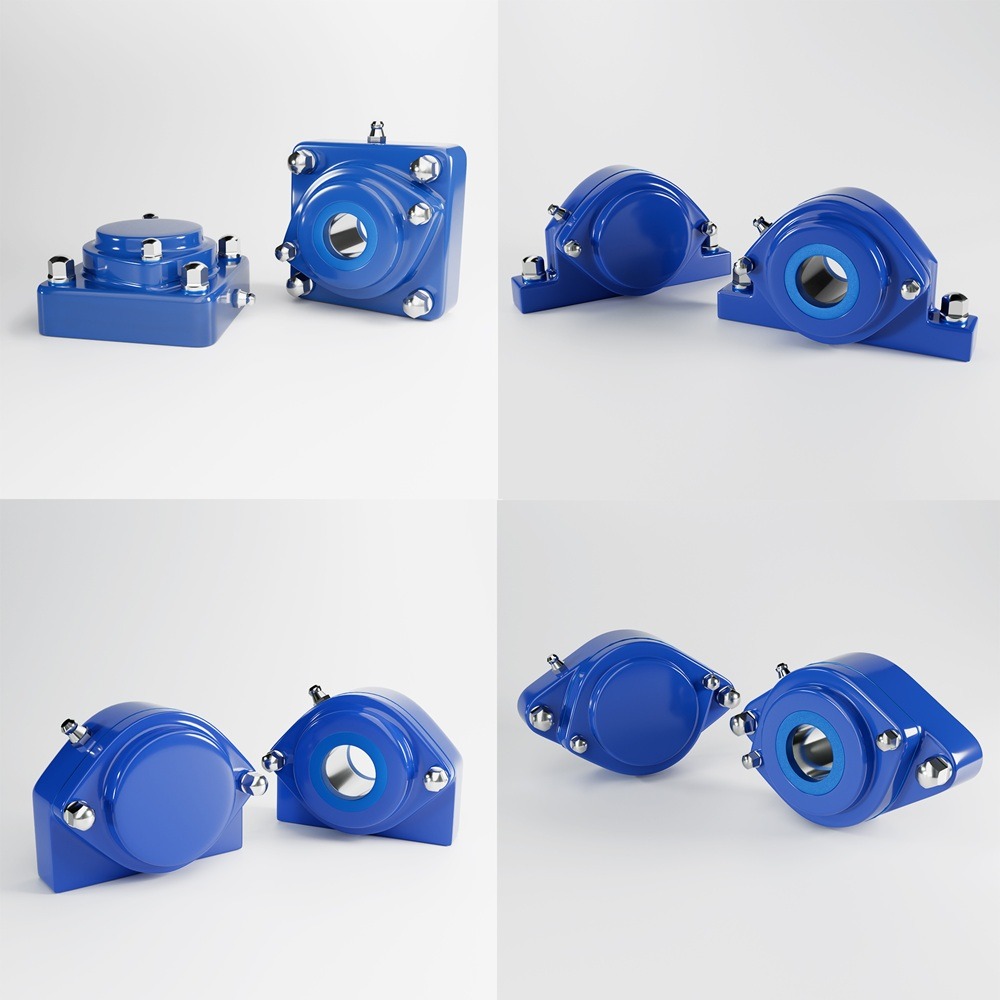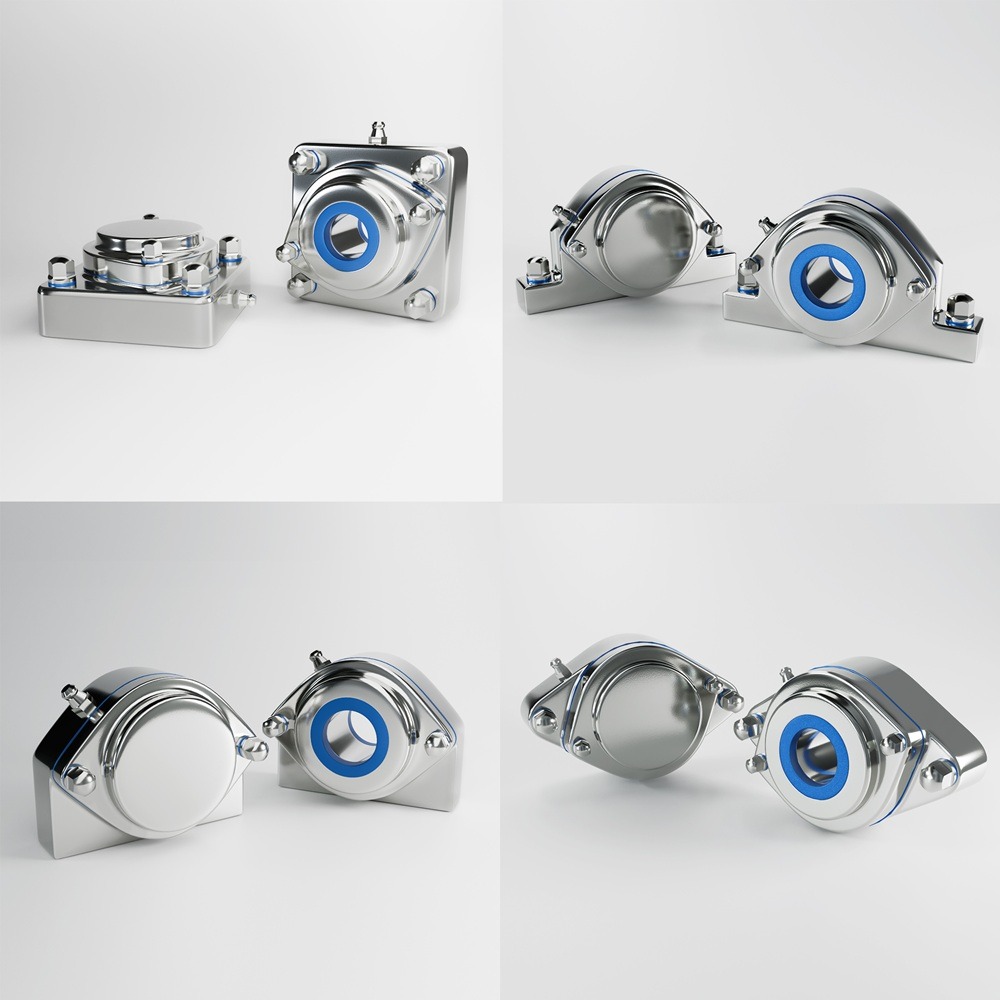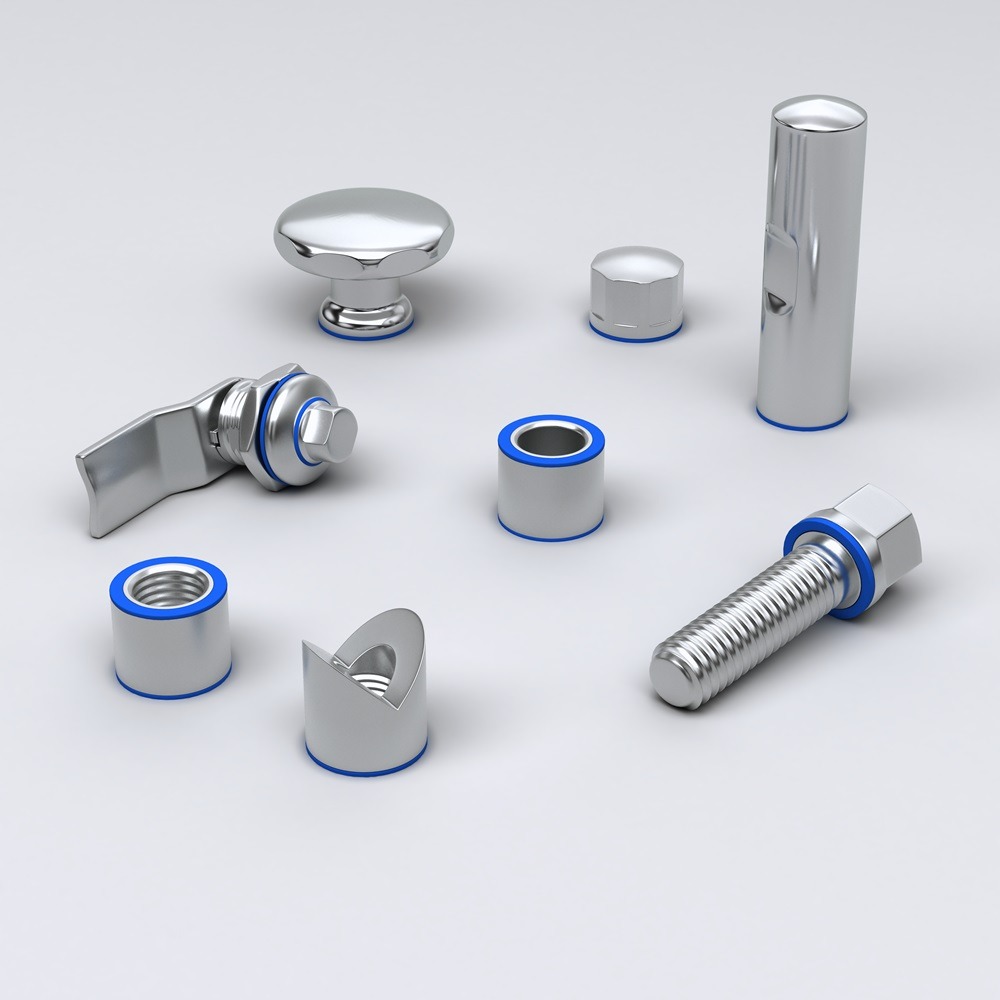
Stainless Steel Certified Conveyor Components in Strategic Development
In the sanitary and hygienic packaging and processing sectors, strategic planning and operational development must account for stringent regulatory demands. Stainless steel certified conveyor components have become essential tools for companies seeking to prioritize hygiene, safety, and durability. From food and pharmaceutical processing to complex packaging lines, certified stainless steel components are designed to resist contamination, corrosion, and bacteria, ensuring that operations comply with safety standards and boost efficiency. Integrating these high-quality, hygienic components into strategic planning and development allows businesses to meet compliance benchmarks and improve their competitive edge in the industry. Certified stainless steel conveyor components—whether FDA-approved or meeting European Hygienic Engineering & Design Group (EHEDG) standards—play a crucial role in various hygienic applications. Certification assures that these components adhere to rigorous standards, helping companies mitigate contamination risks, particularly in sensitive environments like food and pharmaceutical processing. Stainless steel’s non-porous surface and corrosion resistance make it ideal for hygienic environments, especially in conveyor systems where contact with food, chemicals, or pharmaceuticals is constant. Unlike other metals, stainless steel maintains its structural integrity under harsh cleaning protocols, withstanding frequent sanitization without degrading or harboring bacteria. The durability of certified stainless steel conveyor parts minimizes contamination risks and maintenance costs, supporting efficient, compliant workflows. Strategic planning in the hygienic industry hinges on building streamlined, compliant, and resilient production lines. Incorporating stainless steel conveyor components into the strategy provides a framework to meet these objectives. By focusing on the selection, certification, and integration of these components, companies can proactively enhance safety, sustainability, and productivity. Efficient production processes are central to strategic planning. Stainless steel conveyor components enable smoother operations by reducing downtime caused by maintenance or contamination issues. For instance, self-cleaning conveyor belts and parts are increasingly popular for their ability to minimize residue buildup, facilitating rapid sanitation. This approach enhances the overall production throughput, empowering businesses to meet growing market demands with high-quality, hygienic products. Stringent hygiene requirements are unavoidable in sectors like food processing and pharmaceuticals. Certified stainless steel conveyor components directly contribute to maintaining these standards. Through routine audits and inspections, companies can ensure that their conveyor systems uphold regulatory demands without compromising efficiency. By adopting high-standard components, businesses can integrate hygiene compliance into every aspect of their strategic development, reducing liability risks and strengthening brand trust. Investing in certified stainless steel components may incur higher upfront costs, but the long-term benefits far outweigh the initial expense. Durable and resilient, these components are designed for longevity, reducing replacement and repair costs. In addition, efficient cleaning reduces downtime and labor, translating to significant cost savings over time. Strategically, companies can allocate resources more effectively, improving operational budgets and fostering a sustainable competitive edge. The application of stainless steel conveyor components varies across industries, with each sector leveraging these components for unique strategic advantages. Below are some key industries and the role of these hygienic components in each. The food processing industry has rigorous standards regarding sanitation, requiring production lines to prevent contamination actively. Stainless steel conveyors help companies achieve this by providing a surface that resists bacterial growth and withstands repeated exposure to harsh cleaning chemicals. As a result, food manufacturers can streamline their sanitation procedures and protect product quality, enhancing their marketability in a competitive industry. In the pharmaceutical sector, product integrity and sterility are paramount. Stainless steel conveyor components help create a contamination-free environment, reducing the risk of product adulteration. Strategically, this allows pharmaceutical companies to meet strict FDA and GMP standards efficiently, which is crucial in a heavily regulated industry. Certified stainless steel components simplify cleaning, promote accurate handling, and minimize contamination risks, all essential for regulatory compliance. The packaging industry demands robust, high-speed solutions that can withstand significant wear and tear. Stainless steel conveyor components fulfill this need due to their durability and resistance to physical damage, even in fast-paced environments. For companies in the packaging sector, incorporating these components supports strategic goals by reducing frequent equipment breakdowns and maintenance interruptions, maintaining production schedules, and ensuring consistent quality output. Strategic planning for hygienic industries must consider the future potential of automation and technological advancements. Stainless steel conveyor components provide the structural foundation necessary to incorporate advanced technology, such as automated quality control and real-time data monitoring. Stainless steel’s durability and hygiene-focused design allow these components to integrate seamlessly with emerging technologies, enhancing automation and production intelligence while meeting industry standards. As businesses strive to align with environmental sustainability, stainless steel’s recyclability offers another advantage. Sustainable practices are becoming increasingly relevant in strategic planning, with consumers and regulatory bodies favoring companies that minimize environmental impact. Stainless steel components can be recycled without losing strength or quality, allowing companies to meet sustainability goals and bolster their brand reputation. For optimal results, businesses should take a comprehensive approach to implementing stainless steel conveyor components. Here are a few best practices: Certified stainless steel conveyor components are integral to the strategic planning and development of hygienic industries, delivering unparalleled hygiene, durability, and operational efficiency. In food processing, pharmaceuticals, and packaging, these components not only help businesses meet regulatory compliance but also support sustainable practices, automation, and scalability. By investing in these certified solutions, companies can streamline their workflows, enhance product safety, and future-proof their operations. Stainless steel conveyor components represent a powerful tool for businesses aiming to lead in hygienic industries, ensuring compliance and operational excellence at every step. Industrial machinery requires precision-engineered components that meet exacting standards for durability, safety, and performance. This comprehensive guide explores the essential machinery parts that drive modern manufacturing across food processing, packaging, and chemical industries. Understanding the difference between Pillow Block Bearings and Flange Bearing Units is crucial for engineers and procurement professionals seeking to optimize equipment longevity. Pillow block bearings, also known as plummer blocks, are self-aligning bearing units that simplify installation and significantly reduce maintenance costs. These versatile components mount on machine frames and support rotating shafts with exceptional precision, ensuring smooth operation in demanding industrial environments. Flange bearing units offer a more compact alternative, featuring integrated flanges that enable direct mounting to flat surfaces without additional hardware. Both designs come in various materials, including stainless steel grades optimized for corrosive environments and food-grade applications where hygiene is paramount. The importance of material selection cannot be overstated in machinery design. 440 Stainless Steel and 420 grades offer distinctly different properties suited to specific applications and environmental conditions. The 440 stainless steel variant provides superior hardness and exceptional edge retention, making it ideal for cutting tools and high-wear applications requiring maximum durability. Meanwhile, 420 stainless steel offers better corrosion resistance and is preferred in food processing equipment where chemical exposure is common. Hygienic stainless steel components have become essential in food machinery, meeting EHEDG standards and facilitating rapid equipment cleaning required in modern food production facilities. Understanding ingress protection ratings is equally critical for machinery durability and operational reliability. IP67 rating ensures protection against dust and temporary water immersion, while IP68 rating provides complete dust protection and sustained water immersion capabilities for submerged operations. The IP69K standard represents the highest protection level, specifically designed for high-pressure wash-down environments found in industrial food processing facilities. These ratings define how effectively machinery components withstand environmental challenges and maintain performance. Modern industrial facilities increasingly demand equipment that combines high performance with ease of maintenance and sanitation. The choice between different bearing types depends on operational requirements, environmental conditions, and budget constraints. Proper component selection ensures extended equipment lifespan, reduced downtime, and improved operational efficiency.The Role of Stainless Steel Certified Conveyor Components in Strategic Planning and Development for Hygienic Industries
Hygienic Stainless Steel Conveyor Components
Why Stainless Steel Certification Matters in Hygienic Conveyor Components
Importance of Certification Standards
Benefits of Stainless Steel for Hygiene and Safety
How Stainless Steel Conveyor Components Enhance Strategic Planning in Hygienic Industries
Optimizing Operational Efficiency with Hygienic Conveyor Components
Improving Safety and Compliance Standards
Reducing Long-Term Costs
Strategic Development of Stainless Steel Conveyor Components in Key Hygienic Industries
Food Processing Industry: Ensuring Contamination-Free Production
Pharmaceutical Industry: Precise Handling in a Controlled Environment
Packaging Industry: Durability in High-Speed Production Lines
Future-Proofing with Stainless Steel Conveyor Components
Sustainability and Environmental Considerations
Best Practices for Strategic Implementation of Stainless Steel Conveyor Components
The Role of Stainless Steel Certified Conveyor Components in Strategic Planning and Development for Hygienic Industries
Hygienic Stainless Steel Conveyor Components
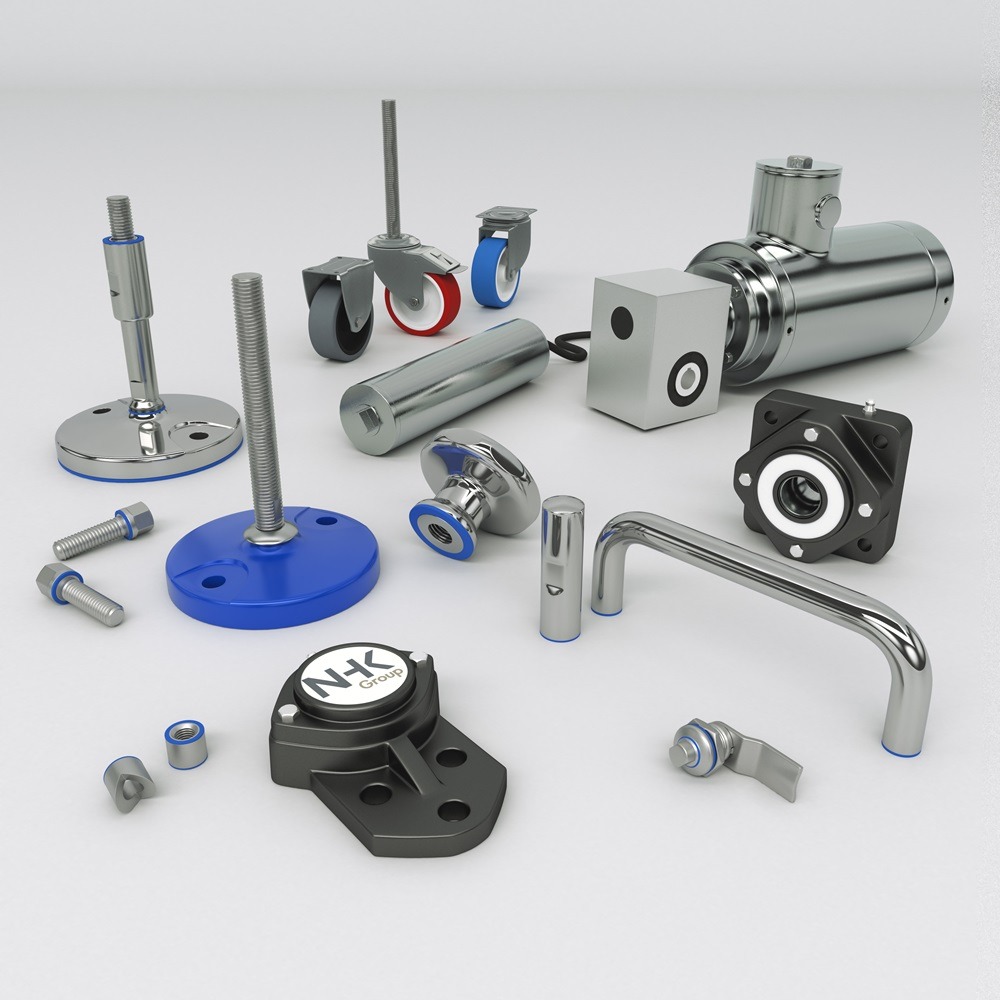
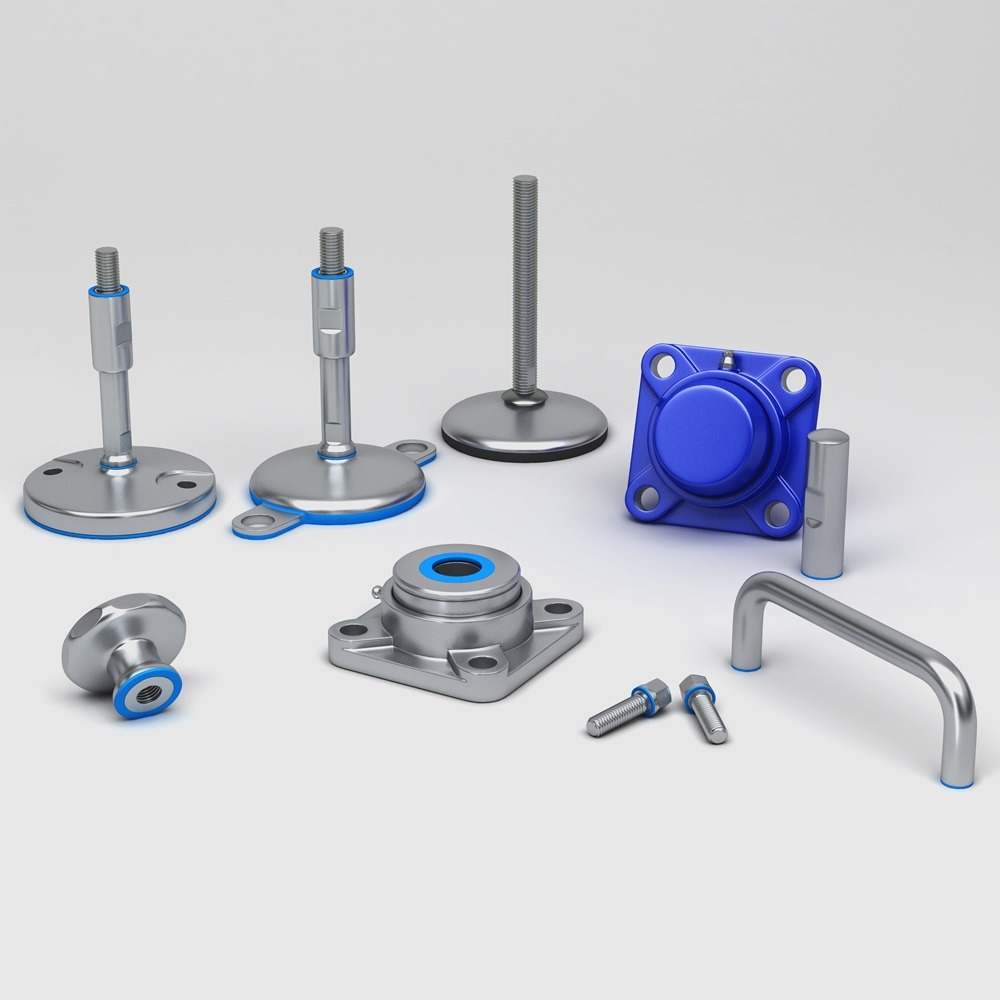
Contact
Understanding Machinery Components & Protection Standards
